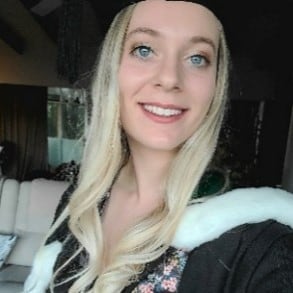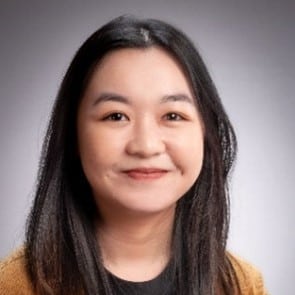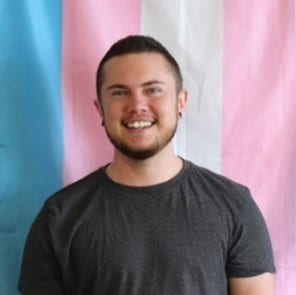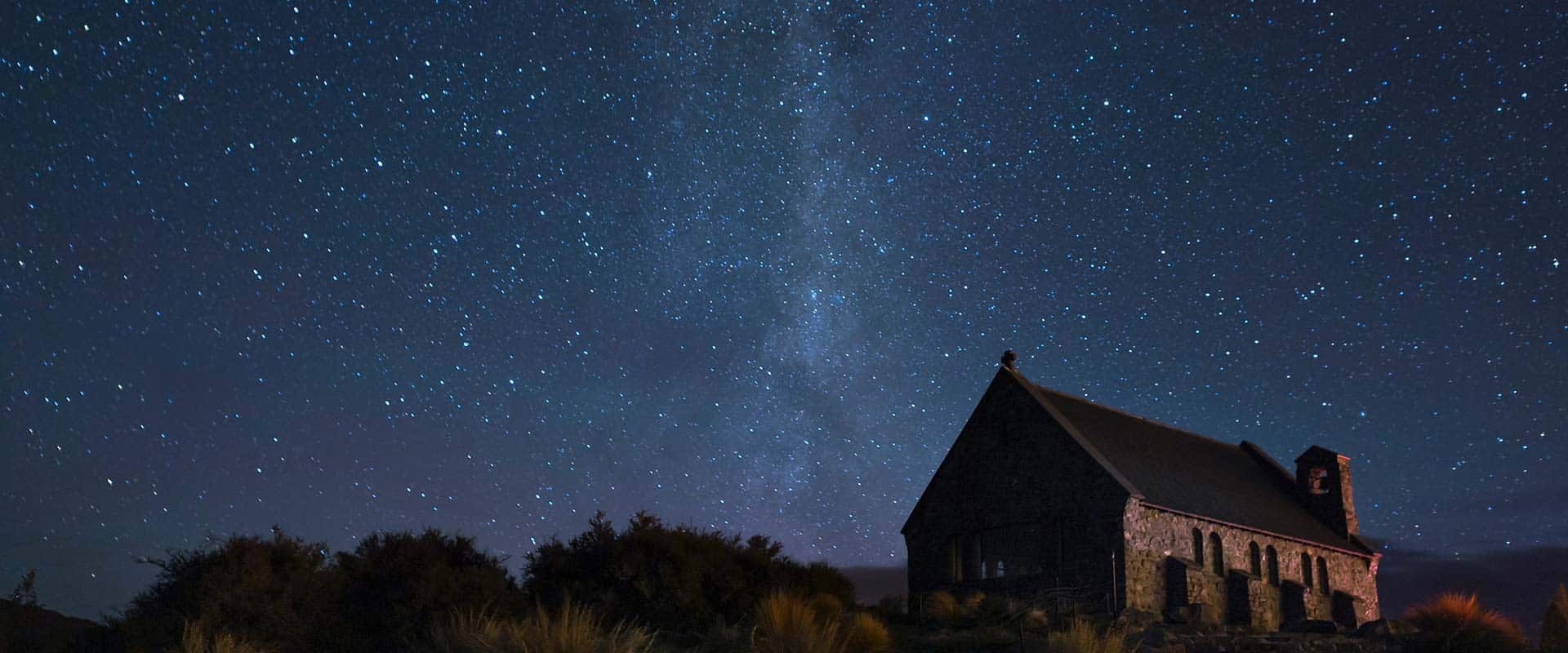Social Vulnerability in Disasters: Who is being left out of our efforts to prepare for disasters?
A team of researchers led by Dr Denise Blake (Te Herenga Waka Victoria University of Wellington) and Dr Shiloh Groot (The University of Auckland) are investigating the impacts of disasters on vulnerable lives, including homeless people, low socio-economic renters, migrant communities and people who inject drugs. What are the impacts faced by these communities? How and why have they been left out of disaster risk reduction efforts, and how can we address these gaps?
Current research often highlights the ways in which a specific vulnerability a group experiences is exacerbated following a disaster; however, many groups experience multiple vulnerabilities that intersect and further exacerbate the disproportionate impact of a disaster. This research aims to identify what prevents low socioeconomic students who rent in Wellington City, a high-seismic zone that is at risk from secondary disasters, from preparing for an earthquake. Photo-elicitation interviews will be conducted with 8-10 low socioeconomic students who rent in Wellington City, with a focus on the social exclusions they experience that limit their ability to prepare for a disaster. These photos and narratives will then be analysed to identify the different barriers that occur due to the participants intersecting vulnerabilities.
Vy Tran: Disaster preparedness in Vietnamese migrant community living in the Wellington region
Vietnamese migrants are a minoritised community who can be vulnerable to unfavourable disaster outcomes. There are multilayered factors to be considered in the inquiry into their preparedness, such as social capital (bonding, bridging and linking), engagement with disaster-related agencies, previous experiences, particularly those of adversity, and language barriers. In disaster research, these factors have commonly been examined without the consideration of the political, historical and cultural context. To address the gap, the current project aims to contextualise their level of disaster preparedness. I will adopt narrative psychology as a theoretical framework to enquire into the storied accounts of how they understand disaster risks in the region and get prepared.
Dr Denise Blake on behalf of Anne Rijnink: The experiences of people who inject drugs following a flood in Aotearoa New Zealand
There is consensus that people who inject drugs (PWID) are minoritised and disproportionately vulnerable to the effects of disasters. This study foregrounds the voices of people who inject drugs (PWID) on the West Coast of the South Island, Aotearoa New Zealand, to explore the lived experiences of PWID living in Westport on the South Island of Aotearoa New Zealand, after a 3-day flood in July 2021. A qualitative methodology, interpretive phenomenological analysis (IPA), was used to collect and analyse data from seven semi-structured interviews with PWID and one needle exchange staff member to uncover an account of their lived experience. Two superordinate themes were identified “Response to the floods: coping with chaos” and “Recovery: difficulty accessing social support”. The results illustrated that PWID in Aotearoa New Zealand, can experience a flood as an overwhelming, anxiety-provoking, and disorientating experience as their physical and socio-economic vulnerabilities interfered with their ability to prepare, respond to, and recover from the flood.
Tycho Vandenburg: Minoritised groups in disaster risk reduction and management – hard to engage or easy to ignore?
There is growing consensus amongst disaster scholars that minoritized communities constitute “special needs” or “vulnerable” populations in the context of disaster. Despite this recognition, such communities remain largely invisible in key texts (e.g., United Nations Sendai Framework for Disaster Risk Reduction 2015–2030), research, and disaster risk reduction and management policy and practice. This has drastic real-life implications when disasters strike: displacement, injury, and even death. Using homelessness as an example, I consider how and why some groups are consistently flagged as “vulnerable” yet hardly recognised or prioritized in DRRM efforts. In addressing this issue, I work to foster a multi-disciplinary conversation between homelessness scholarship, environmental justice, and disaster studies.
Webinar Speakers

Melanie Roundill
Kia ora koutou! I’m Melanie Roundill, a Master of Health Psychology student at Victoria University of Wellington. I completed my Bachelor of Health, majoring in Health Psychology in 2020, where I found a passion for research. Alongside my Masters, I work for the New Zealand Association of Counsellors, St John, tutor at Victoria University, and volunteer with disabled adults. I am really enjoying the work I am doing in my thesis with low socioeconomic student renters in Wellington City, and I’m excited to see where this takes me!

Vy Tran
Kia ora, I’m Vy Tran. I came to Wellington, Aotearoa New Zealand four years ago to pursue a bachelor’s degree in general psychology at Te Herenga Waka – Victoria University of Wellington. I’m interested in the contextualised understanding (i.e., taking into consideration the cultures, history of colonisation, colonialism, political economy and politics, etc.) of Asian migrants’ experiences, which led me to enrol in the Master of Health Psychology programme. For the master’s thesis, I seek to investigate the social conditions that underpin Vietnamese migrants’ disaster-related experiences.

Anne Rijnink
Anne Rijnink is a recent MSc graduate (Psychology with endorsement in Health Psychology) supervised by Dr Denise Blake. In her thesis and subsequent research, she explored the social vulnerability of people who inject drugs in the early stages of COVID-19 and the 2021 West Coast flooding. She is currently working towards gaining registration as a psychologist.

Tycho Vandenburg
I’ve only recently ventured into the realm of disasters, casting an eye on how minoritized groups are (or aren’t) accounted for in disaster research, policy, and practice. Elsewhere, I am a PhD candidate in community psychology at the University of Auckland, where my research explores the lived experiences of homeless trans and gender diverse people in Aotearoa New Zealand. As a scholar-activist, my work centres theoretically and practically on questions of precarity and dispossession, justice, and how resistances and solidarities emerge.
